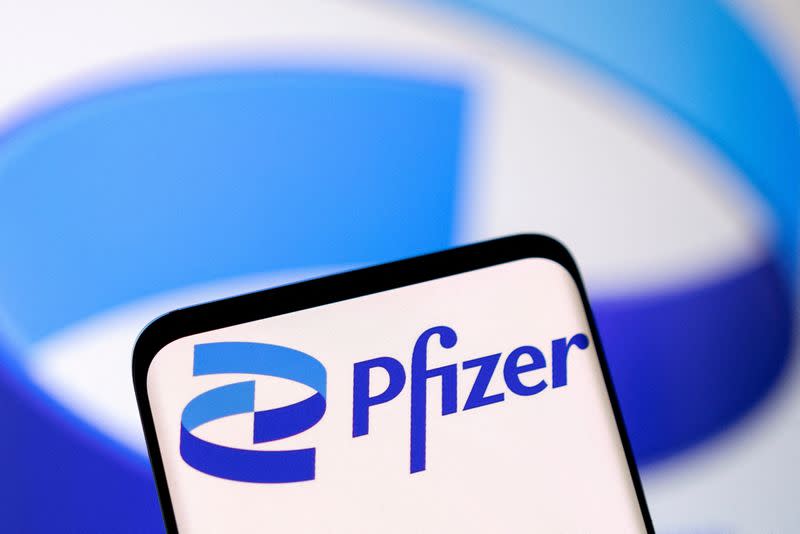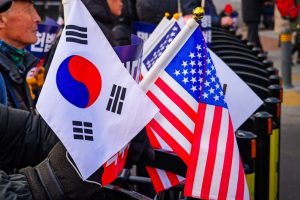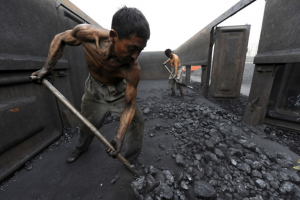China is in talks with Pfizer – the US pharmaceutical and biotech giant – to secure a licence to allow domestic drugmakers to produce and distribute a generic version of the firm’s Covid-19 antiviral drug Paxlovid in China.
National Medical Products Administration (NMPA), which is China’s medical products regulator, has been leading negotiations with Pfizer since late December, one of several sources has revealed.
Beijing is under pressure to quickly to finalise terms of a licensing deal – within the next two weeks before the Lunar New Year, which begins on January 22, the source said.
On that date millions of Chinese will travel to rural areas to visit their families. Elderly people in rural villages are at grave risk because of low vaccination rates and sparse health services.
Chinese hospitals are also under intense pressure after the government abruptly abandoned its “zero-Covid” policy in early last month, stopping its mass testing and creating what some analysts have described as a “tidal wave” of infections.
Chinese people have been calling it a haixiao, or “tsunami”, which The Economist said had spread at a “blistering pace” and that under a worst-case scenario “1.5m Chinese people will die from the virus in the coming months”.
The wave of infections has overwhelmed hospitals, emptied pharmacies of medicines and caused international alarm.
ALSO SEE:
China’s Covid Stance Straining Ties With WHO, Some Nations
Paxlovid, which was found to have reduced hospitalisations in high-risk patients by around 90% in a clinical trial, is in high demand with many Chinese attempting to get the drug abroad and have it shipped to China.
To date, Beijing has been largely resistant to western vaccines and treatments, despite the apparent lacklustre results from numerous locally-made vaccines. Oral treatment Paxlovid is one of the few foreign ones it has approved.
In February last year, China approved Paxlovid, which was supposed to be largely available via hospitals, to treat high-risk patients in several provinces.
Pfizer last month reached an agreement to export Paxlovid to China through a local company to make the medicine more widely available.
The NMPA and the State Council Information Office, which handles media queries for the government, did not respond to requests for comment.
A Pfizer spokesperson said the company is actively collaborating with Chinese authorities and all stakeholders to secure an adequate supply of Paxlovid in China.
All the sources declined to be identified as they are not authorised to speak to media.
Local Drugmakers Told ‘Get Ready’
Officials from the medical products regulator held a meeting with several Chinese drugmakers in late December to discuss preparations needed to make a generic version of Paxlovid, hoping it would be able to secure the licence in the near future, two of the sources said.
Zhejiang Huahai Pharmaceutical, which signed a deal with Pfizer in August to produce Paxlovid only for use on the mainland, and CSPC Pharmaceutical Group, a developer of a potential mRNA COVID vaccine, are among those that attended the meeting, the first source said.
The second source said the NMPA has also advised firms to prepare to register with the regulator to produce the generic version of Paxlovid.
Prospective candidates including Huahai and CSPC have in recent weeks been conducting “bioequivalence tests”, which are required by Chinese regulators before generic drugs can be launched, the two sources and another source with direct knowledge of the matter said.
For a generic drug to be deemed equivalent to a branded medicine, such tests are required to make sure they work the same way in the body.
Both Huahai and CSPC expect to submit the tests results to the NMPA later this month, one of them added. Huahai and CSPC did not respond to requests for comment.
Underground trade, huge markups
In March, 35 generic drugmakers around the world including five Chinese firms agreed to make cheap versions of Paxlovid for 95 poorer countries through a licensing arrangement with the UN-backed Medicines Patent Pool (MPP) – but that licence does not allow the companies to sell generic Paxlovid in China.
The MPP licensing arrangement is royalty free for Pfizer, while Covid-19 remains classified as a “Public Health Emergency of International Concern” by the World Health Organization (WHO).
Following the pandemic period, sales to low-income countries will remain royalty free, lower-middle-income countries and upper-middle-income countries will be subject to a 5% royalty for sales to the public sector and a 10% royalty for sales to the private sector, MPP said at that time.
Due to severe shortages of antivirals as 1.4 billion Chinese battle infections, many have turned to underground channels to secure Paxlovid and other drugs, according to domestic media. Scalpers charge as much as 50,000 yuan ($7,260) for a box of Paxlovid, more than 20 times its original price of 2,300 yuan.
China has also pressed Pfizer to lower the price of Paxlovid as the government aims to include the drug in the national medical insurance scheme which could cover part of the cost, the three sources said.
- Reuters with additional editing by Jim Pollard
ALSO SEE:
China Defends Handling of ‘Covid Tidal Wave’ Amid Doubts
Xi Reassures Public Over Covid Threat as China Sees In 2023
US Looks at New Covid Entry Rules for Travellers From China
250 Million Chinese Caught Covid in 20 Days, Say Officials – FT
























